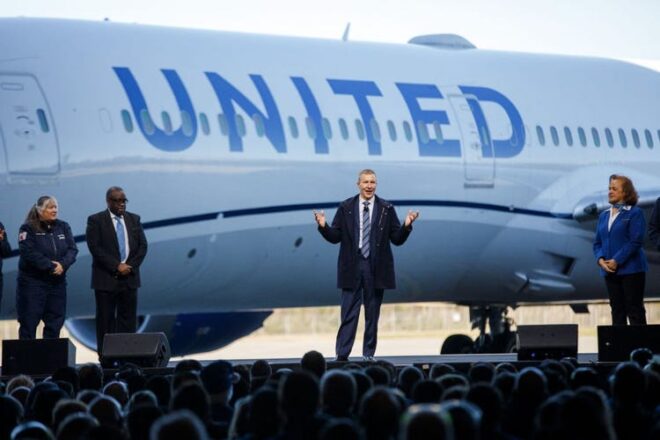
The Crisis of Unsustainable Cheap Flights: A Looming Challenge for Airlines
In recent years, the airline industry has seen an unprecedented boom in the availability of low-cost flights, enticing millions of travelers with the promise of affordable air travel. However, this surge in cheap flights has sparked a crisis that airlines are now scrambling to address. The very factors that made air travel accessible to many are now threatening the industry’s sustainability and future.
The Rise of Low-Cost Carriers
Low-cost carriers (LCCs) revolutionized the aviation market by offering no-frills flights at prices often significantly lower than those of traditional airlines. By focusing on cost-cutting measures, such as reducing onboard services and optimizing flight operations, LCCs have managed to provide competitive fares that have democratized air travel. This has led to an explosion in passenger numbers, with many opting for budget airlines over more expensive alternatives.
Environmental and Economic Strain
While cheap flights have expanded access to air travel, they have also contributed to significant environmental and economic challenges. The increase in flight frequency and volume has led to a surge in carbon emissions, exacerbating the aviation industry’s impact on climate change. As governments and environmental organizations push for stricter regulations and carbon reduction targets, airlines face mounting pressure to adopt sustainable practices.
Economically, the proliferation of low-cost flights has driven down profit margins, leading to intense competition and financial strain on airlines. Many have resorted to aggressive cost-cutting measures, often at the expense of employee wages and benefits, resulting in labor disputes and strikes. Furthermore, the reliance on cheap flights has made airlines vulnerable to fluctuations in fuel prices and economic downturns, which can quickly render their business models unsustainable.
The Push for Sustainable Solutions
In response to these challenges, airlines are increasingly exploring ways to create a more sustainable future. One approach is investing in more fuel-efficient aircraft and exploring alternative fuels, such as sustainable aviation fuel (SAF), to reduce carbon footprints. However, these initiatives require significant capital investment and time to implement, posing a dilemma for cash-strapped airlines.
Additionally, some airlines are reconsidering their pricing strategies to better reflect the true cost of air travel, including environmental impact. By incorporating carbon offset fees or dynamic pricing models, airlines can align their business practices with sustainability goals while educating consumers about the environmental costs of flying.
Balancing Accessibility and Sustainability
The challenge for airlines is to strike a balance between maintaining accessibility and achieving sustainability. While cheap flights have made air travel more inclusive, they have also created an unsustainable cycle of growth that threatens the industry’s viability. To address this, airlines must work collaboratively with governments, environmental groups, and other stakeholders to develop policies and practices that promote sustainable aviation without compromising access.
Conclusion
The crisis caused by an overabundance of cheap flights highlights the urgent need for the airline industry to rethink its approach to growth and sustainability. By embracing innovative solutions and prioritizing environmental responsibility, airlines can chart a course toward a more sustainable future. This transformation will require significant effort and collaboration but is essential for ensuring that air travel remains viable and accessible for generations to come.
